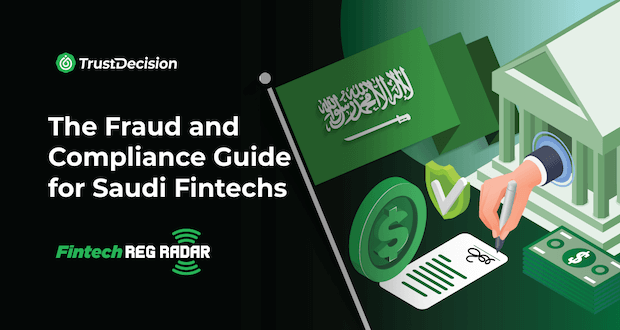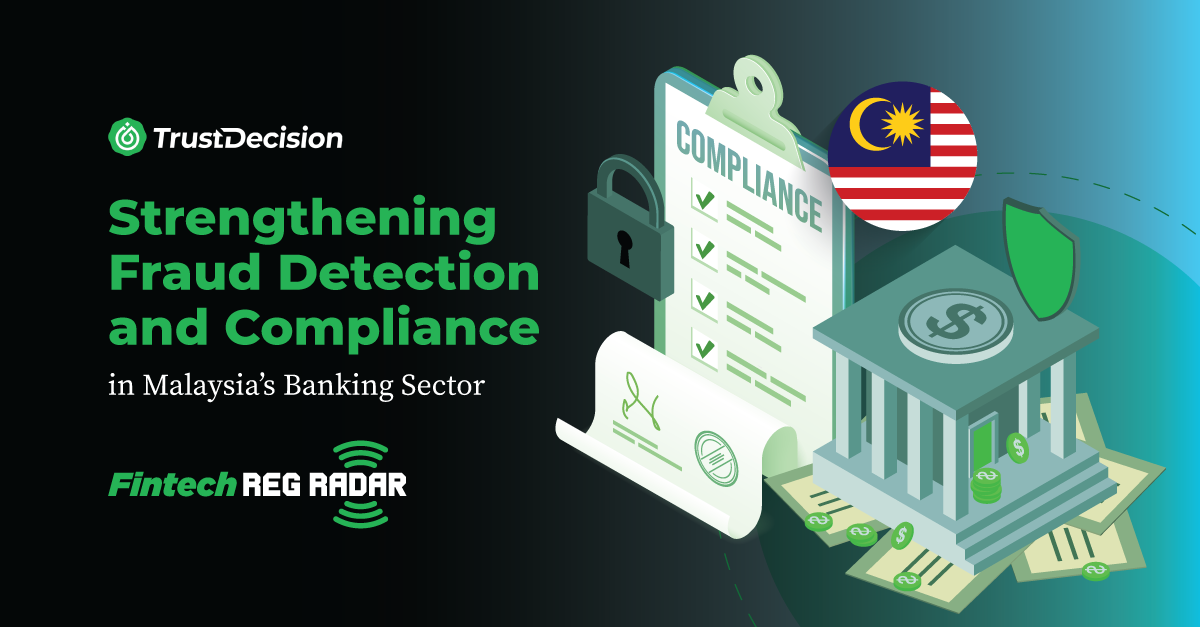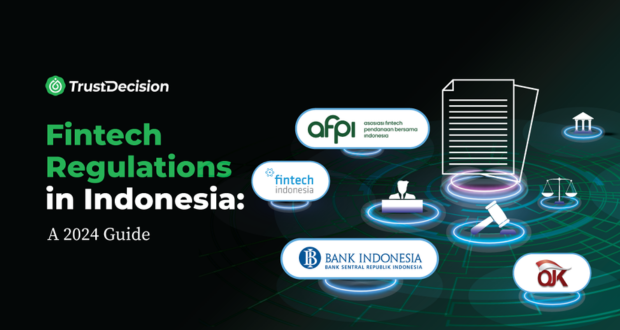Compliance with Fintech Laws and Regulations
Legal Requirements for Fintech Startups
Fintech startups entering the APAC market must navigate a maze of legal requirements. These requirements include licensing, consumer protection, data privacy, anti-money laundering (AML), and cybersecurity. Understanding and adhering to these laws from the outset is crucial to avoid costly legal setbacks.
One common challenge for startups is determining the appropriate licensing regime. Depending on the nature of their services, fintech companies may need licenses related to payment processing, digital banking, investment advisory, or cryptocurrency exchange. Navigating this regulatory minefield requires careful planning and legal counsel.
Regulatory Compliance Challenges
The diversity of regulatory frameworks across countries further complicates compliance with fintech regulations in APAC. Each jurisdiction has its own set of rules and standards, making expansion into multiple markets a complex endeavour. Fintech companies must conduct thorough due diligence to assess the regulatory requirements in each target market and devise strategies to meet them.
Another challenge is keeping pace with evolving regulations. Regulators frequently update their rules to address emerging risks and technology advancements. Failure to stay up-to-date with regulatory changes can result in non-compliance, legal liabilities, and damage to a fintech company's reputation.
Regulatory Compliance Best Practices
Case Studies of Successful Fintech Companies
To thrive in the APAC fintech landscape, fintech companies can draw valuable insights from the success stories of their peers. Case studies of companies that have successfully navigated the regulatory challenges offer practical lessons.
For instance,
- HSBC and Tradeshift joined forces to help businesses manage their finances and global supply chains using a single digital platform.
- Deutsche Bank partnered with Traxpay to offer supply chain financing solutions globally.
- SIA and Banking Circle collaborated to enable European financial institutions to make instant payments of up to 100,000 euros.
- N26 and Wise introduced a platform for easy international money transfers via N26 bank accounts.
- ABN AMRO and Subaio collaborated to create the Grip App, simplifying the management of recurring payments for users.
Collaboration is a crucial element for the success of fintech companies, as evident in the five examples provided.
Emerging fintech startups depend on highly regulated, well-established banks, while banks, in turn, rely on these startups for innovative growth. It's a mutually beneficial arrangement for both parties.
Strategies for Maintaining Business Growth
Achieving regulatory compliance should not be seen as a hindrance to growth. Rather, it can be a catalyst for success.
Fintech companies that prioritize compliance often gain a competitive edge by building trust with customers and partners.
Strategic partnerships with established financial institutions can also ease the compliance burden. Collaborating with banks and payment processors can provide fintech startups access to existing compliance infrastructure, allowing them to focus on innovation.
Additionally, employing regulatory technology (RegTech) solutions can streamline compliance efforts. These technologies leverage automation, artificial intelligence, and data analytics to help fintech firms monitor, report, and ensure compliance with regulatory requirements.
Fintech regulation in APAC is a multifaceted challenge that demands attention from the C-suite and digital leaders. By proactively addressing compliance needs, fintech companies can avoid legal pitfalls and foster a conducive environment for sustainable growth and innovation. In the next section, we'll delve into the evolving trends and changes in fintech regulation for 2023, shedding light on the impact of the COVID-19 pandemic, evolving regulatory approaches, and future predictions and challenges.
Reference:
Forbes - Navigating Fintech’s Regulatory And Funding Challenges In Tough Economic Times
IMF - Fast-Moving FinTech Poses Challenge for Regulators
SUBAIO - 5 fintech and bank partnerships that are generating revenue
Continue part 3: Trends and Changes in Fintech Regulation for 2023

-%2520Key%2520Compliance%2520Needs%2520For%2520Fintech%2520Companies.jpeg)












